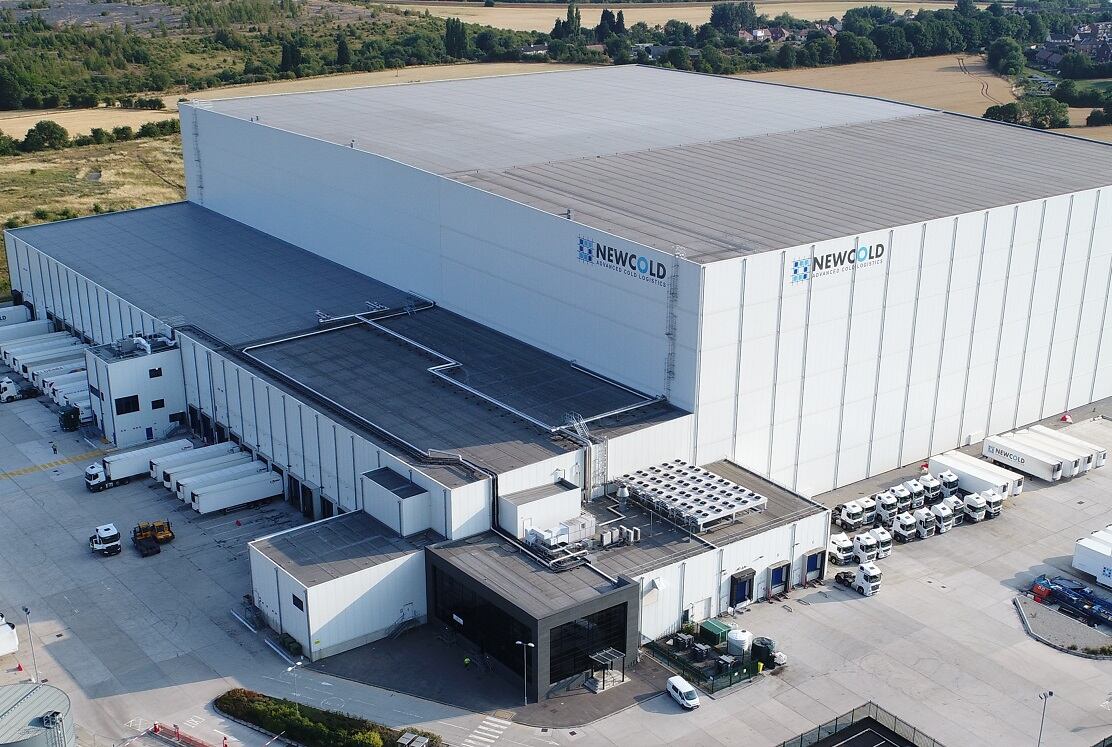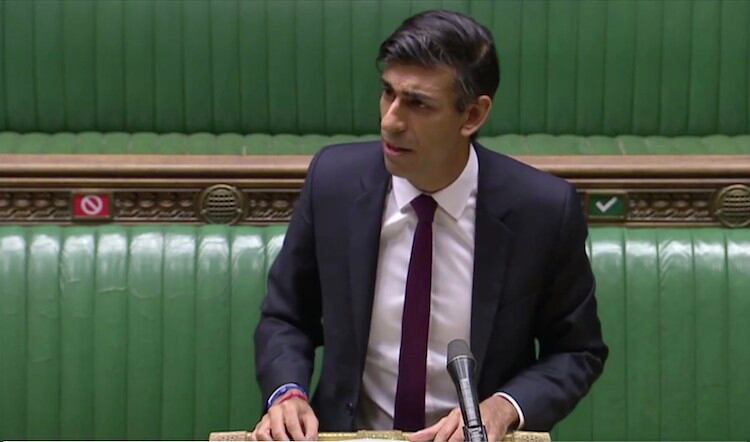

As a result, businesses will face mounting pressure to address their environmental impact and demonstrate clear action to consumers, employees, shareholders, investors and, soon, to regulators.
A number of challenges face businesses on the road to ‘net zero’, which also present opportunities, particularly for food and drink manufacturers.
Financing Net Zero
Funding is an important reason many businesses do not prioritise investment in greener operations. Pressed to deliver short-term return on capital, many manufacturers fail to see the road to net zero as a journey that must start now. However, a growing number are recognising that investment in more sustainable operations can improve regulatory compliance, deliver long-term savings and create sustainable value in their business.
As new markets, technologies and business models emerge to meet net zero challenges, specialist environmental investors want to fund big energy users for low-carbon and renewable energy projects.
With funding and legal support, shifting to net zero for food and drink manufacturers presents an opportunity to improve financial performance while ensuring they comply with regulations and stay on track to meet Government targets.
Businesses’ environmental, social and governance (ESG) credentials are becoming increasingly important to supply chain partners and consumers. Shoppers will scrutinise manufacturers’ sustainability practices and perhaps even opt for another greener brand or partner doing more to demonstrate its ESG credentials. Businesses must consider whether the cost associated with going green is better than the cost of losing revenue to more eco-conscious competitors.
Energy from waste – an opportunity
The food and drink sector continues to be a real opportunity for investment in energy from waste in the form of anaerobic digestion (AD) technology, combining revenue generation with carbon reduction.
AD harnesses natural biological processes to break down organic materials, such as food waste to produce renewable methane. This can then be used to generate electricity and heat, or upgraded for supply into the natural gas network, or used as vehicle fuel. As well as producing energy, the output organic material is rich in nutrients and can replace chemical based fertilisers in agriculture.
The use of AD to generate renewable road transport fuel presents further opportunities for manufacturers and their supply chains, supported by schemes which provide incentives for the use of low carbon transport fuels.
Circular economy
In a ‘circular economy’, trucks powered by renewable fuel can transport materials to the factories, distilleries, dairies and breweries that generate the waste. The same trucks can take the waste from those manufacturers to AD facilities that generate renewable fuel to run the trucks.
AD presents other opportunities that do not need substantial investment. For example, ensuring that food waste is diverted to existing AD facilities and that the right value is attributed to it helps. Green gas certificates could also be purchased from AD operators so gas consumers can ensure gas bought in the conventional way still contributes to the environment.
The road to net zero is long, but businesses must think now about how they will make the journey. Picking the right opportunities can be difficult. But by engaging with experienced professionals who can advise on the best model for each business and help secure funding, food manufacturers can be assured they are making steps in the right direction.
Ben Sheppard is partner in the infrastructure & energy group at law firm Walker Morris and Graham Mackenzie is investment director at green investment management company Iona Capital.




